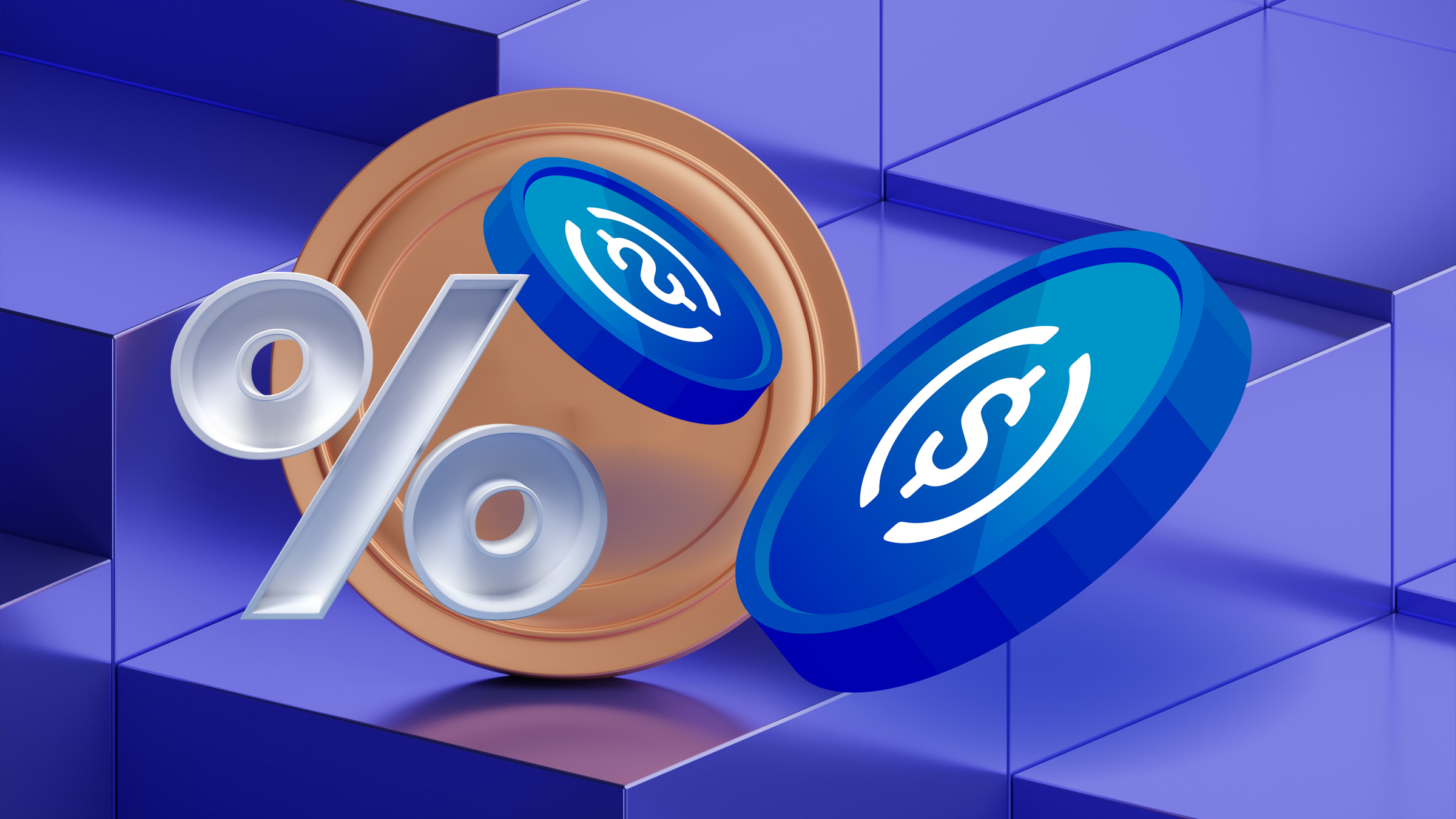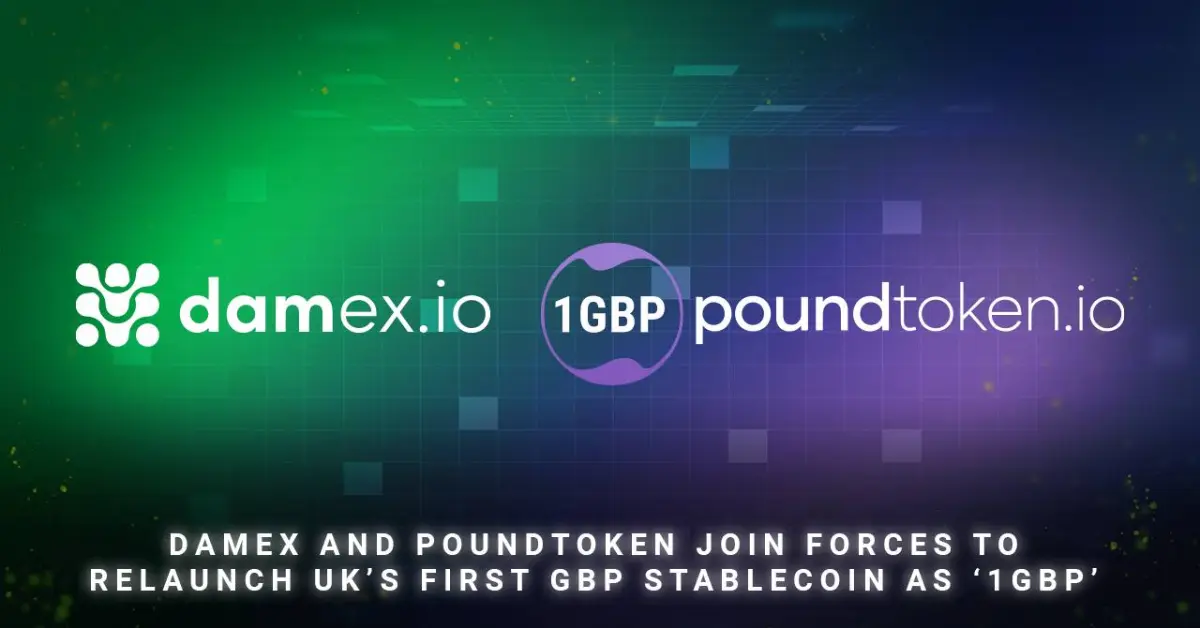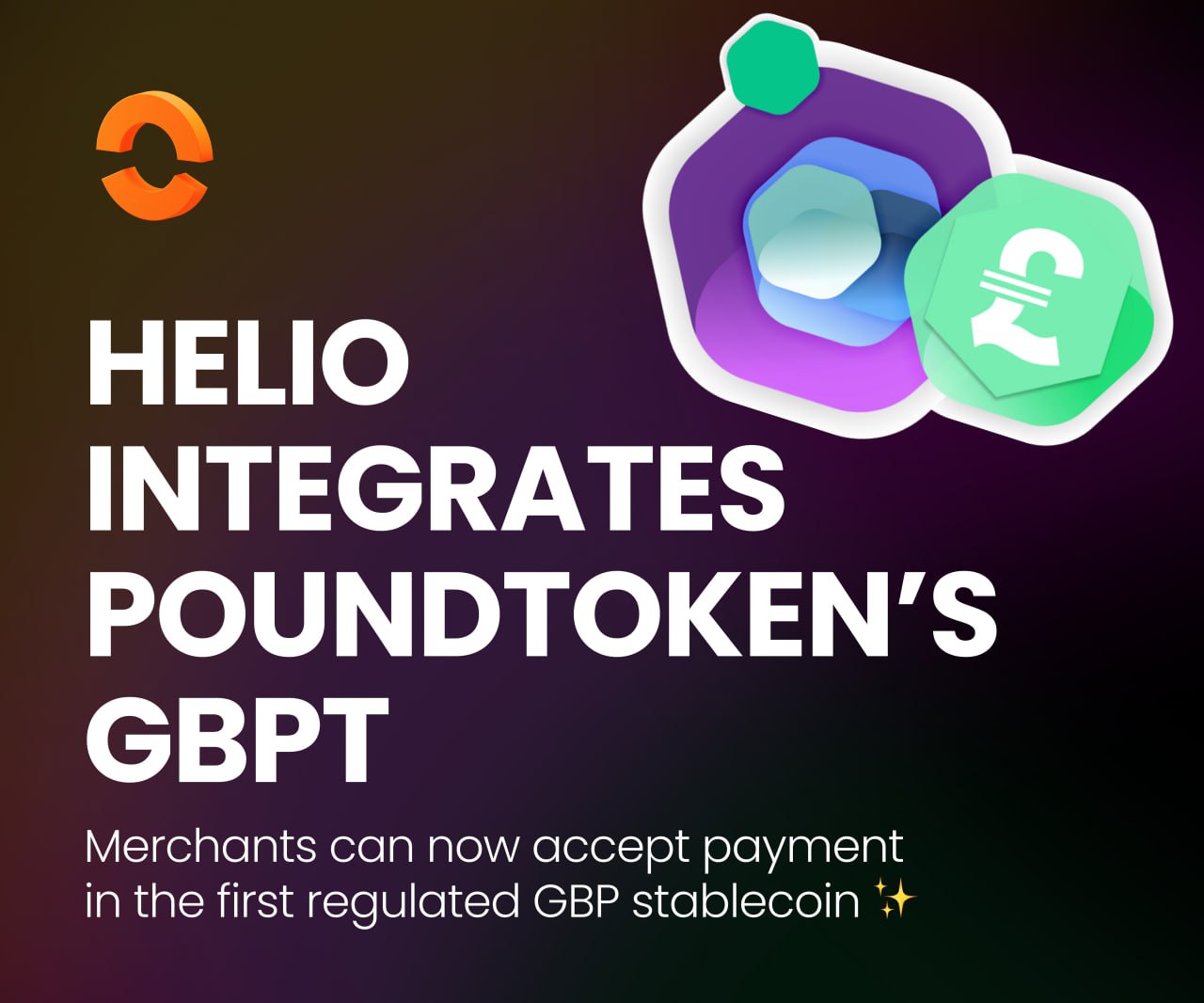Many UK investors are unaware that trading between cryptoassets could create a taxable event, claim tax advisory firm Andersen LLP and stablecoin providers poundtoken
Owners of crypto assets were advised by the Government last week of the upcoming change to tax reporting for disposals of cryptoassets. Cryptoasset investors had been able to make £12,300 of gains tax-free each year however from 6 April 2023 this will fall to only £6,000 and fall again from 6 April 2024 to only £3,000. These changes will mean more investors will need to declare their gains. From 6 April 2024, the UK self-assessment tax return forms will require individuals to report their disposed crypto assets separately in the capital gains page.
But following the rules isn’t always easy. Despite publishing tax guidance, HMRC found that 37 per cent of people knew “little”, while more than one in five were “not familiar at all” with their crypto capital gains tax requirements. These statistics are in line with the understanding from tax advisory firm Andersen:
“The majority of daily trades on crypto exchanges are not fiat-to-crypto but rather buying and selling stablecoins for other cryptoassets. Through working with crypto investors, we’ve found that many are surprised to learn that trading from one stablecoin or cryptocurrency to another creates a taxable event, even if no money is withdrawn.
Despite this, the use of US dollar-pegged stablecoins remains dominant amongst UK crypto investors. This leads to more complicated tax returns as foreign exchange conversions occur at a higher rate. If UK Investors use GBP-denominated stablecoins, they can help mitigate the exchange fluctuation risk associated with USD pegged stablecoins.”
Laura Knight, Andersen
Andersen LLP gave the example scenarios below to illustrate their point.
Native stablecoins like GBPT, issued by Poundtoken, could be a way for UK investors to reduce their risk of additional liabilities arising from foreign currency fluctuation.
In a recent tweet, UK Prime Minister Rishi Sunak shared his ambitions to “make the UK a global crypto-assets hub. We want to see the businesses of tomorrow, and the jobs they create, here in the UK”. A sterling pegged stablecoin is a strong start.








